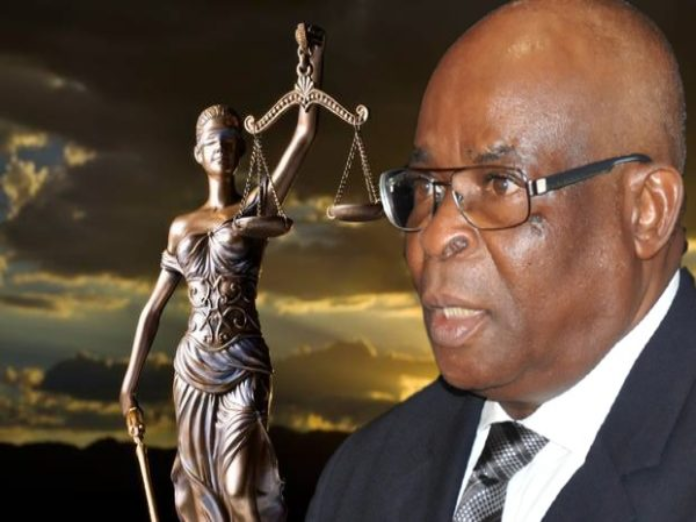30TH SESSION OF THE COMMISSION ON CRIME PREVENTION AND CRIMINAL JUSTICE: UNODC, Others Unveils Roadmap on the Treatment of Children Associated with Terrorist and Violent Extremist Groups’
Oru Leonard
The United Nations Office on Drugs and Crime alongside the European Union, and the Governments of Indonesia and Japan, a Special Event on ‘The UNODC Roadmap on the Treatment of Children Associated with Terrorist and Violent Extremist Groups’
This was made to the media in a release from UNODC’s Communications Associate, Ms Olivia Ogechi Okorondu on the occasion of the 30th Session of the Commission on Crime Prevention and Criminal Justice.
Child recruitment and exploitation by terrorist and violent extremist groups is a global threat, which has been steadily increasing in recent years, as these groups’ capacities to target children have reached far beyond the countries affected by armed conflict.
The UNODC Roadmap summarizes relevant guidance in the areas of prevention; rehabilitation and reintegration; and, justice responses on the treatment of these children.
Opening the event, Ms. Ghada Fathi Waly, Executive Director of the United Nations Office on Drugs and Crime, stated “UNODC has supported over 35 countries in developing rights-based integrated responses to prevent and counter the association of children with terrorist and violent extremist groups.
“In 2019, with support from Japan, we launched the UNODC Roadmap on the treatment of these children, to guide justice responses, better protect the children and enable their reintegration into society.
“Today, we are proud to announce the launch of STRIVE Juvenile, a project that turns this goal into reality. I take this opportunity to thank not only the European Union, who has proved to be a crucial ally and supporter of this endeavour, but also the representatives of Indonesia, Iraq, and Nigeria, the three countries that have decided to partner with UNODC to turn the Roadmap into action”, she said
In his remarks, H.E. Mr. Mitsuji Suzuka, Representative of the Government of Japan, Ambassador in Charge of International Cooperation for Countering Terrorism and International Organized Crime, stressed that “recruitment and exploitation of children by terrorist and violent extremist groups is the most serious issue to be tackled. This is a heinous act that deprives children of their future, takes advantage of their vulnerabilities and has control over their life for a long time”.
Ms. Hilde Hardeman, Head of the European Commission’s Service for Foreign Policy Instruments, confirmed the urgency of the situation and the need to respond to the phenomenon of child association with terrorist and violent extremist groups. “The scale and the nature of the phenomenon calls for urgent action (…). We need a strategy that extends well beyond the rule of law, beyond security and law enforcement measures. A strategy that draws upon a system-wide capacity to respond to violent extremism and that promotes regional and cross-regional exchange of practices.”
Within the new STRIVE project, the Government of Nigeria will partner with the EU and UNODC to develop coherent strategies that better serve and protect children by enhancing safe and resilient communities, in which human rights and the rule of law guide the approach to combating violent extremism. Rear Admiral YEM Musa, Coordinator of the Counter Terrorism Centre, Office of the National Security Adviser (ONSA) in Nigeria, stated “Nigeria welcomes the opportunity to strengthen its cooperation with UNODC under the New STRIVE Juvenile Project, which focuses on fundamental values at the base of our approach. We believe this project will help us in strengthening the implementation of our policy document on preventing and countering violent extremism.” Rear Admiral YEM Musa also underlined that “without investment in rehabilitation and reintegration as well as in prevention of child recruitment by strengthening our communities to prevent and respond to this phenomenon, there will be no end to the cycle of violence.”




